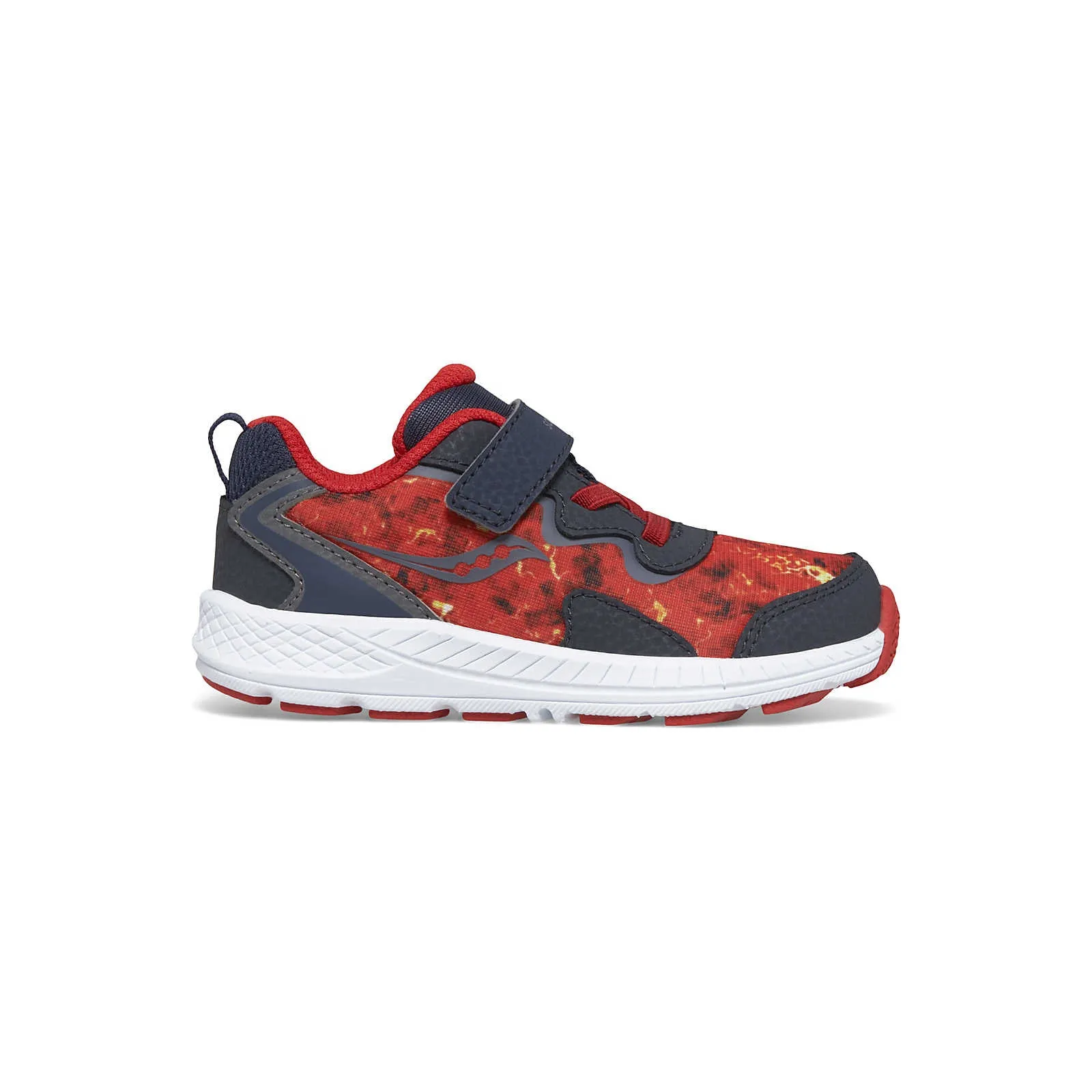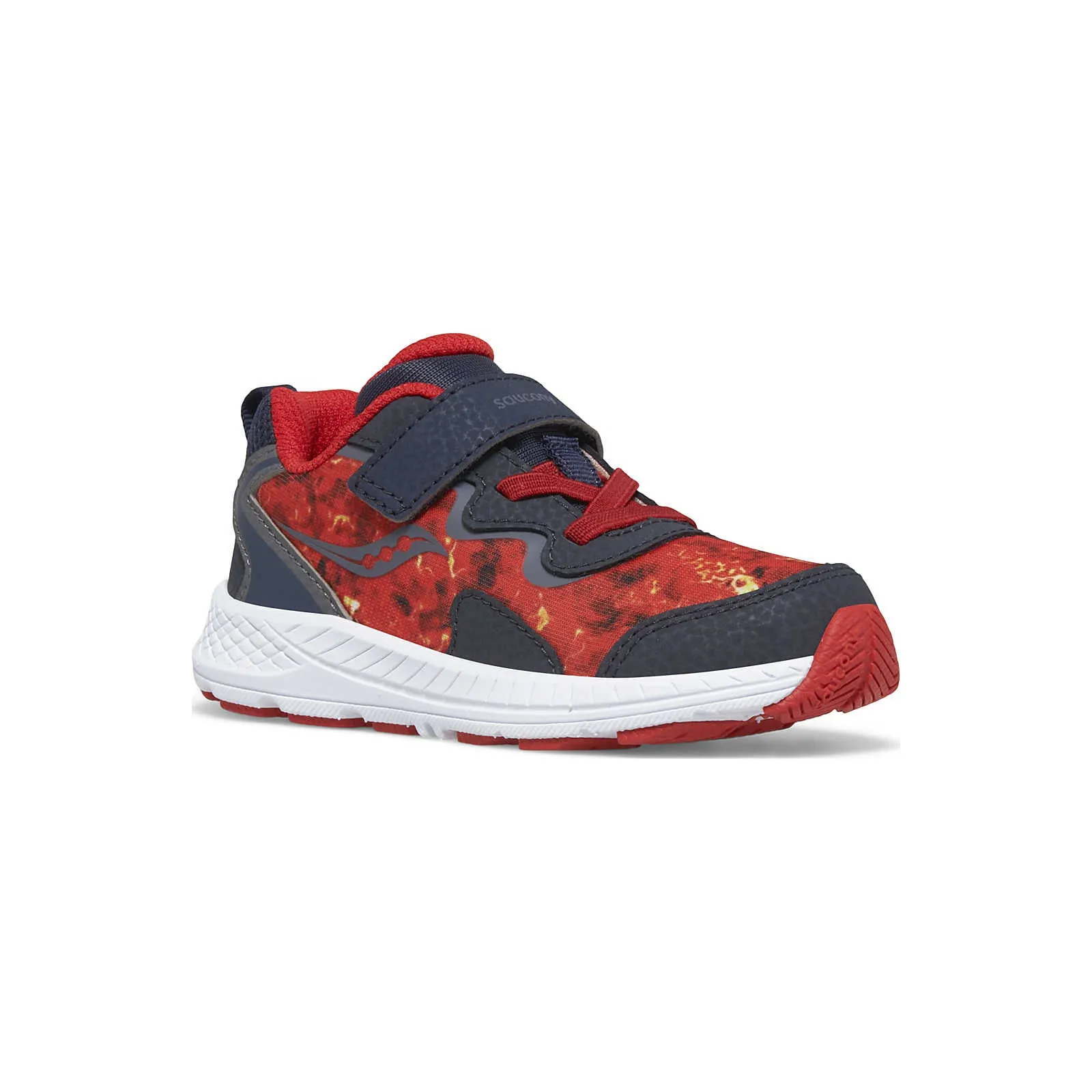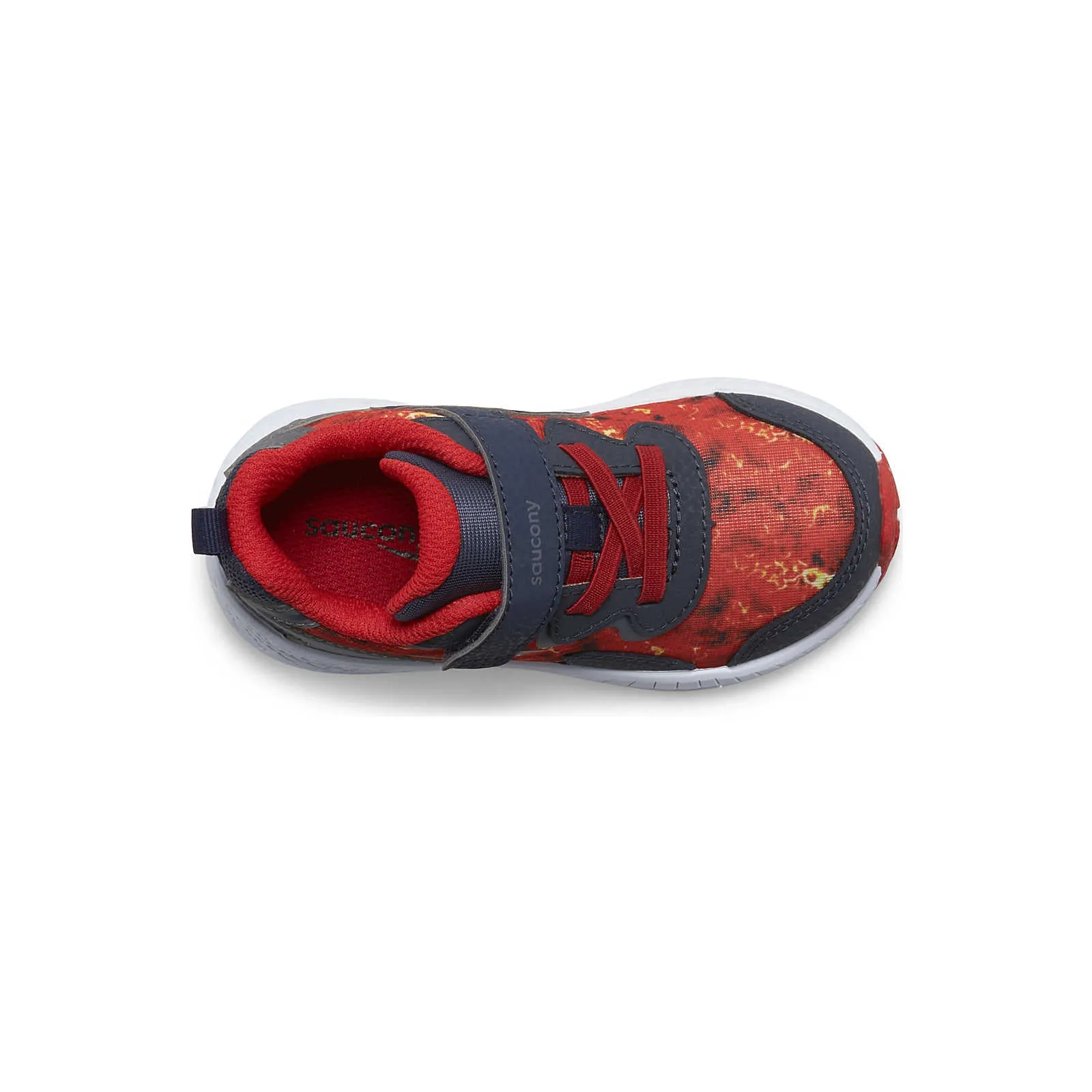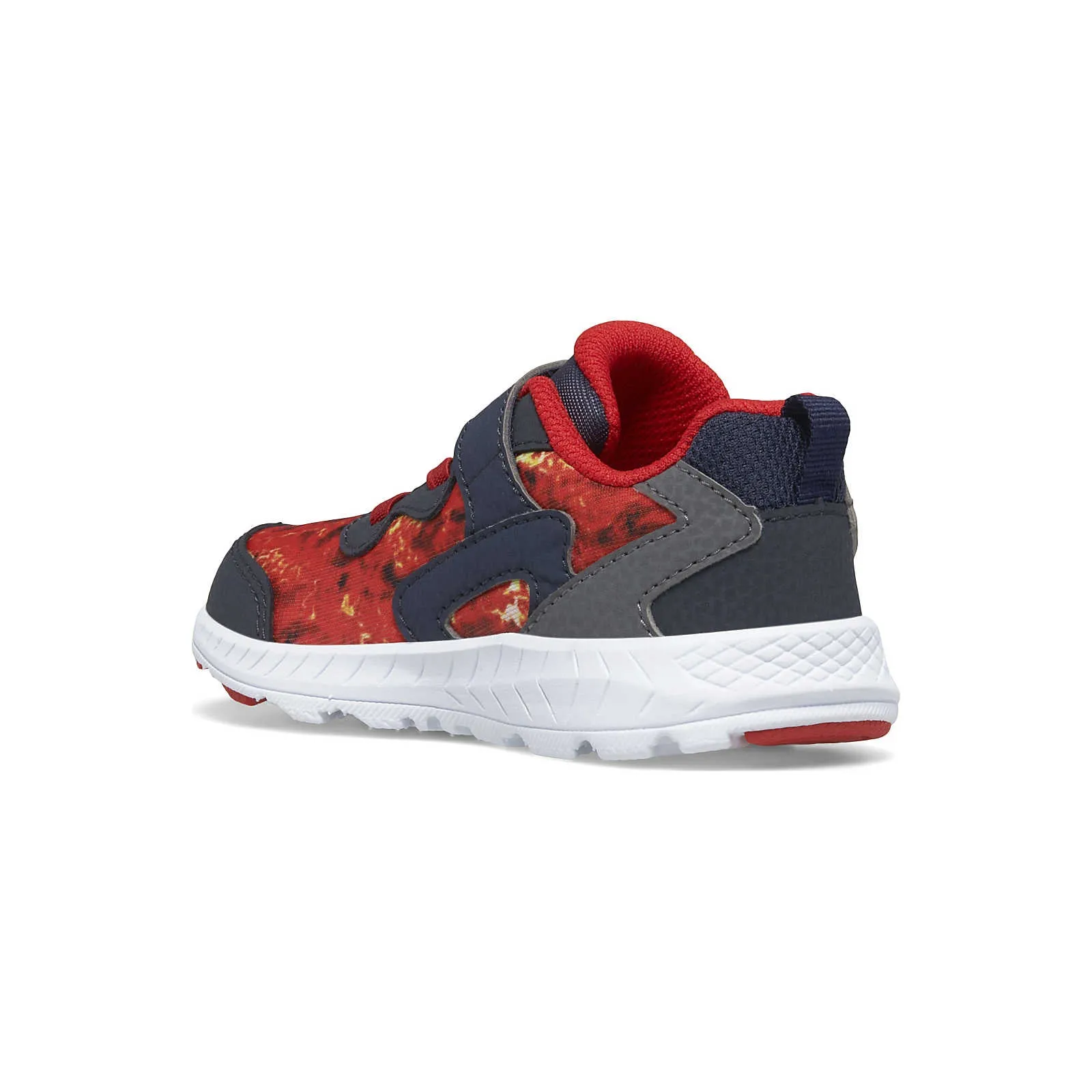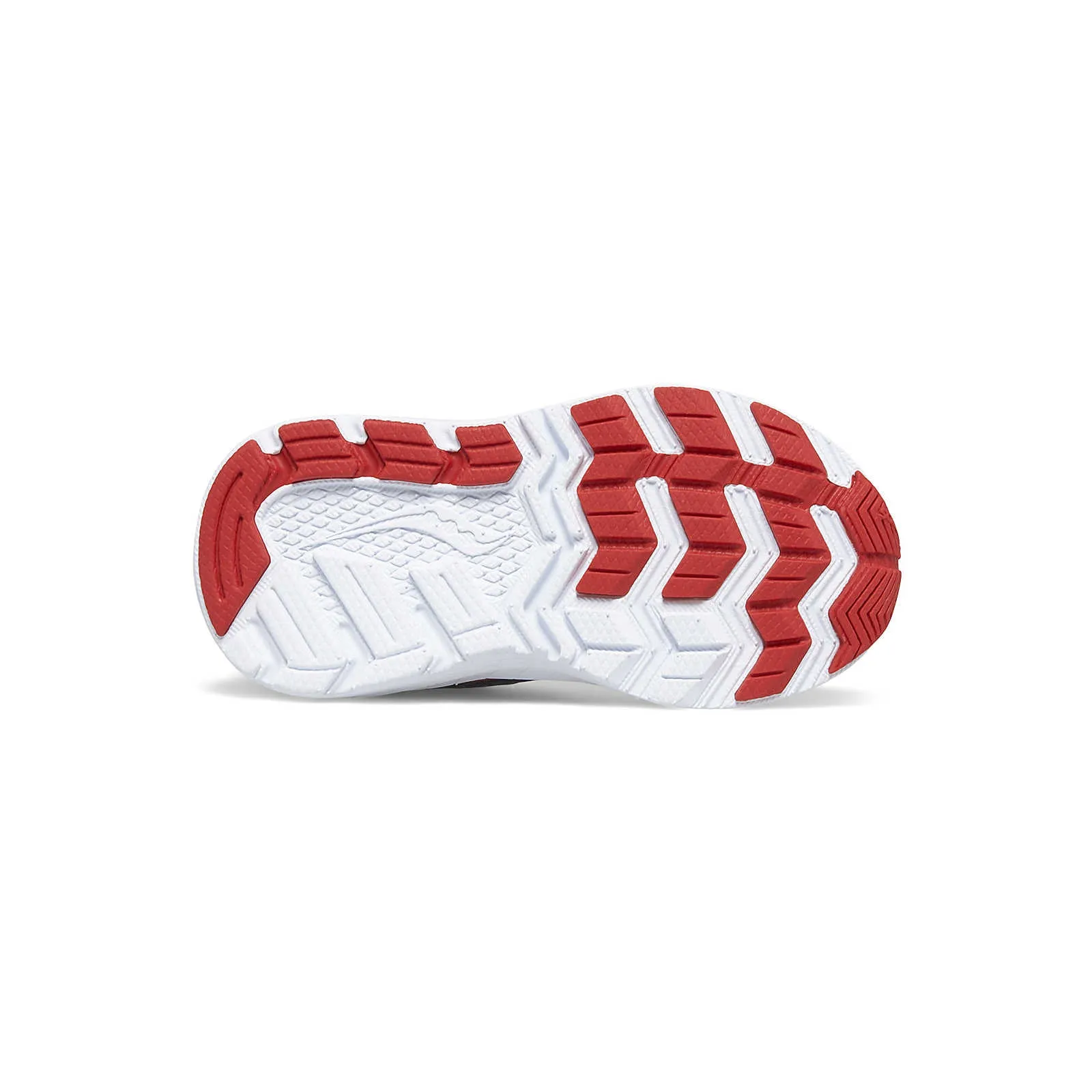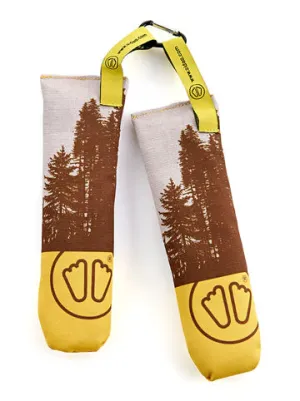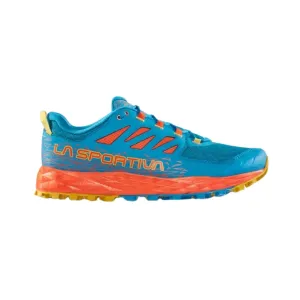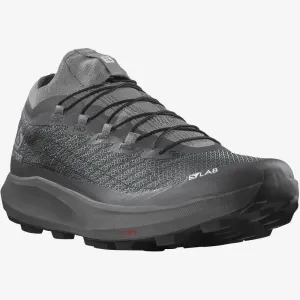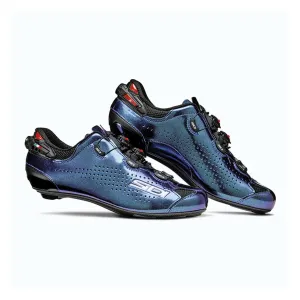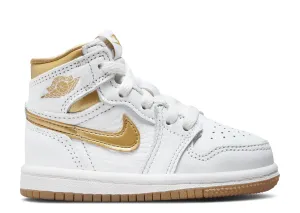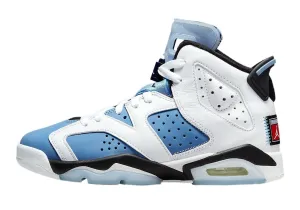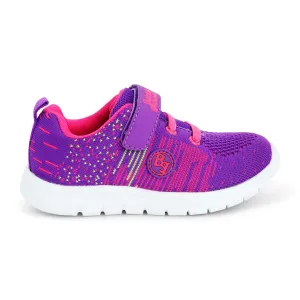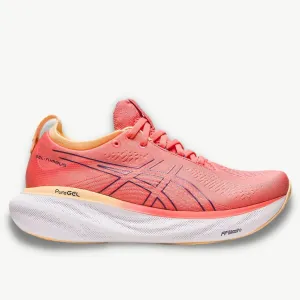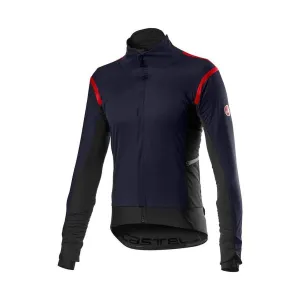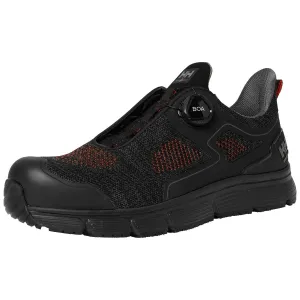We’ve reinforced our statement-making sneaker with a genuine leather toe cap that ensures the fun keeps going. It’s still fitted with a convenient alternative closure for a super-fast fit and anti-stink lining that helps keep feet fresh.
FEATURES
- Alternate closure for easy on/off
- Anti-stink lining helps reduce odors
- Lightweight EVA midsole for cushioning
- Non-marking traction pods on the outsole for a serious grip
- Durable leather and breathable mesh upper
- Leather toe cap for durability
- 100% recycled poly sock construction
- APMA approved
- 100% Recyled PET linings
- Imported
APMA Certified - The American Podiatric Medical Association, APMA Seal of Approval/Acceptance Program recognizes products that have been found beneficial to foot health and of significant value when used in a consistently applied program of daily foot care and regular professional treatment.
Saucony Kids' Sizing Guide
Need help with sizes? Download this chart to find the right fit.
It's as easy as clicking on the image to print.
Kids' shoe sizes can be confusing to navigate. Unlike clothing sizes, your child's shoe size doesn't correspond to their age, unless they're a baby. Baby shoes are listed by age in month. However, you should still measure their feet, since some little ones grow faster than others!
CHECK THE FIT - TIPS FROM OUR FRIENDS AT SAUCONY
width - Have your child stand up with both shoes on. Check to see if the shoe fits their foot's shape by feeling for any pressure against the widest parts of their feet. The ball of their foot should be comfortable and snug all the way around, without any pinching or irritation.
depth - To ensure proper depth, run your thumb over the shoe's top. You should feel the fabric ripple slightly. If the fabric is too taught, the shoe may not be deep enough. But if you can pinch the fabric into a ridge, it's likely too deep.If your child is trying on a low cut shoe like a Mary Jane, feel how much space there is between their toes and the top of the shoe, or vamp. A wide gap means the shoe is too deep. If their foot presses uncomfortably against the vamp, the shoe is too shallow.
length - Press the tip of your thumb against the toe of their shoes to check length. Your kid's toes should have enough room to wiggle around without pressing against the front of the shoes, but not so much room that their feet can slide forward.
arch - Arch support isn't necessary during the first five years of development – in fact, anything that prevents the foot from feeling the ground can actually hinder proper development. The arch of a kids' shoe should cradle your child’s foot and promote sensory feedback without causing discomfort or misalignment.
ankles - Check your child's ankle bones. Unless the shoe has a soft, paddled collar, the topline shouldn’t touch or rub against their bones.
back - The shoe’s back should grip their heel snugly, without digging into it. When fitting your kid for their first walking shoes, hold the heels of their shoes in your hand and gently try moving them up and down. If their heel slips out, try tightening the closures to keep the shoes on. If their heels still slip out, you might need a different size.For early and independent walkers, watch their heels as they walk away from you. Make sure their feet aren't slipping out or getting pinched in back.
closures - Take a look at the shoe straps. Because kids' feet change constantly, you want shoes with adjustable laces or hook-and-loop closures that let you customize the fit.
walking/movement - Have your kid walk, run, jump and move around in their shoes. If you notice any stumbling or a change in their natural gait, readjust their shoes and try again. If their movement doesn’t improve, double check that you have the right size, or try a different pair of shoes. When fitting older kids for shoes, ask them how each specific part of the shoe feels on their foot. Kids' shoes should feel comfy from the very first time they're worn.

 Cart(
Cart(